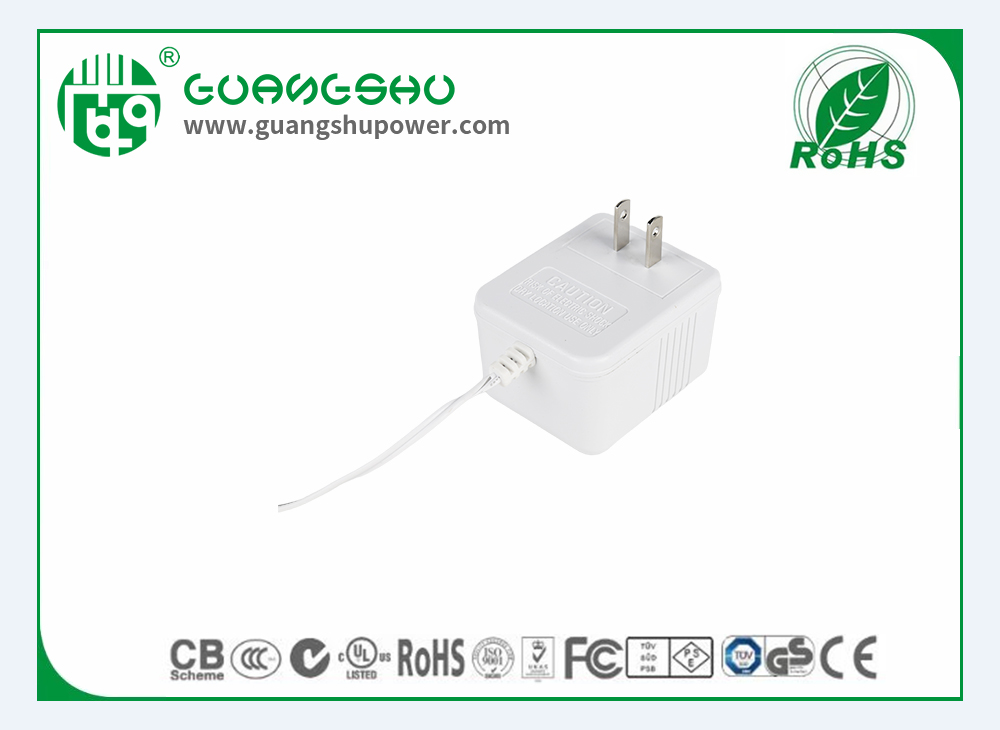Time:2024-11-01 Views:0

Power adapters, although essential for powering our electronic devices, can sometimes encounter various problems. One common issue is overheating. This can occur due to several reasons. If the power adapter is used for an extended period without proper ventilation, it can build up heat. Additionally, a mismatch between the power requirements of the device and the adapter's capacity can cause the adapter to work harder than it should, leading to overheating. Overheating not only reduces the lifespan of the adapter but can also pose a safety risk as it may damage the adapter or even cause a fire in extreme cases.
Another problem is a faulty connection. The plug of the power adapter may not fit properly into the socket, resulting in a loose connection. This can lead to intermittent power supply, which can cause the device to malfunction or not charge properly. The cable of the adapter may also develop problems such as fraying or breakage, especially if it is bent or tugged frequently. A damaged cable can disrupt the power flow and may need to be replaced.
Power adapters can also experience electrical noise issues. This can manifest as interference in the device's operation, such as distorted audio or video signals. Electrical noise can be caused by poor quality components in the adapter or external electromagnetic interference. In some cases, the power adapter may fail to provide the correct voltage or current to the device. This can result in slow charging, improper device performance, or even device damage if the voltage is too high or too low. It is important to address these common problems promptly to ensure the proper functioning and safety of our electronic devices and power adapters.
Read recommendations:
65W Wall plug square Switching power supply